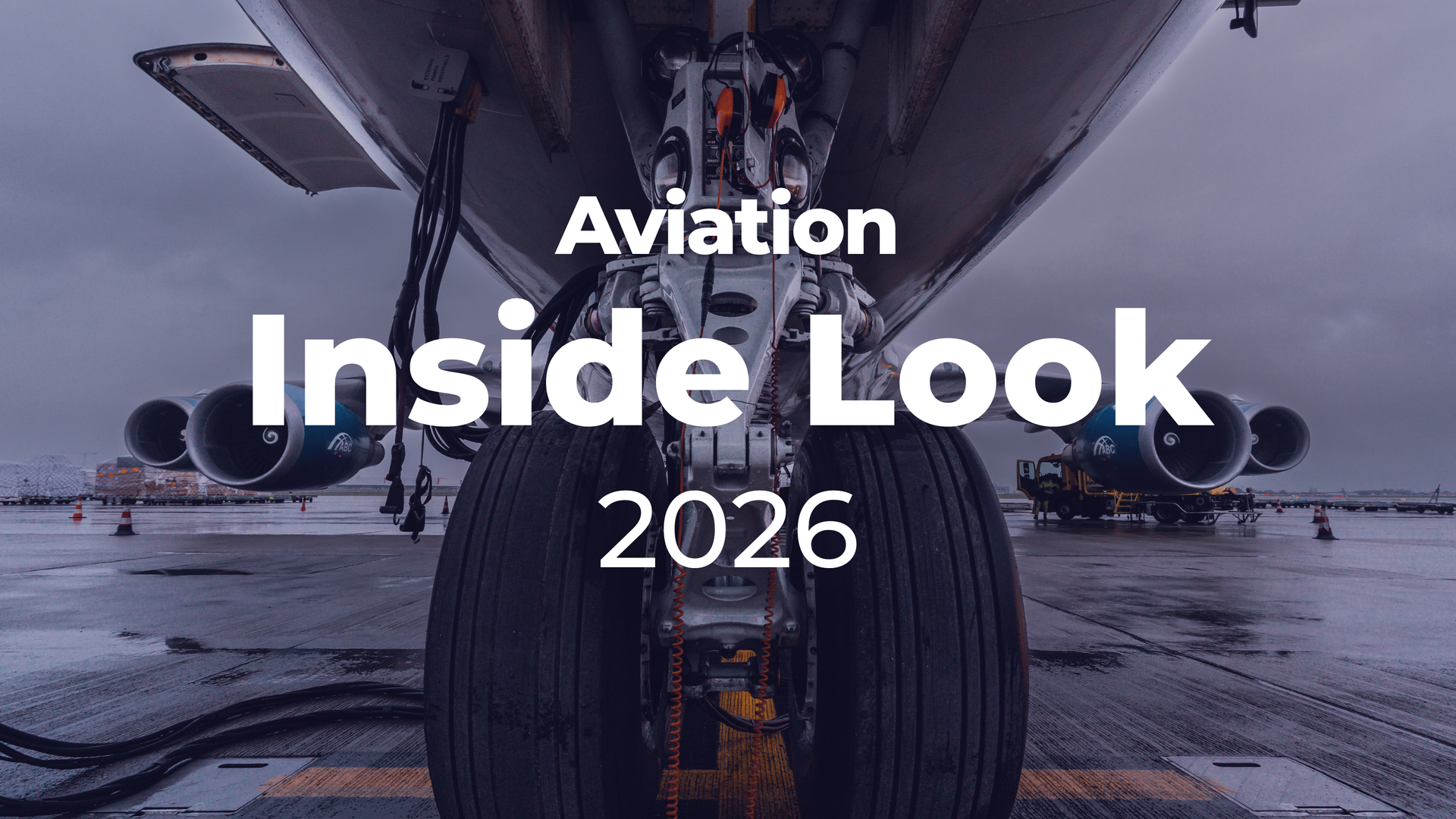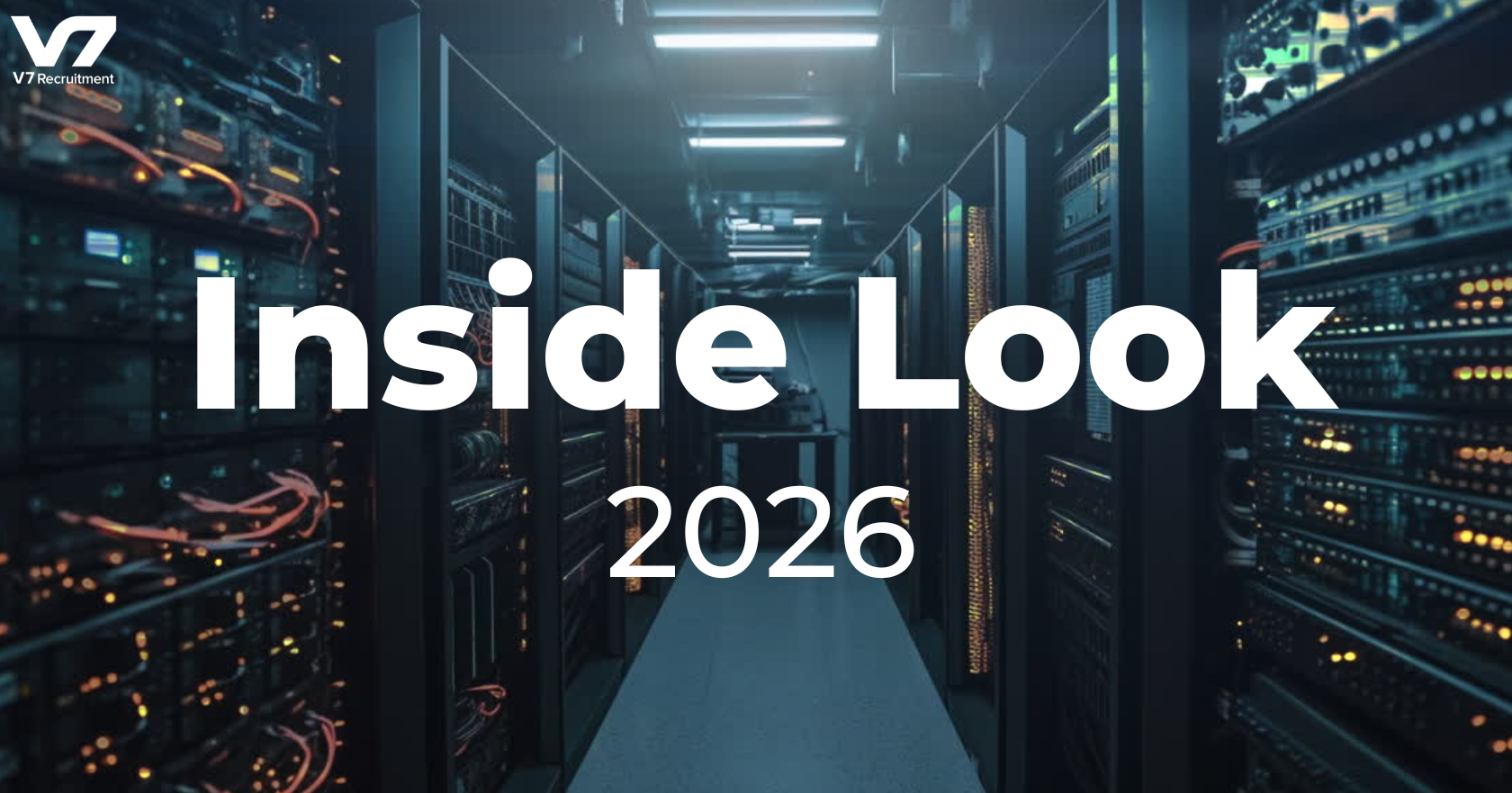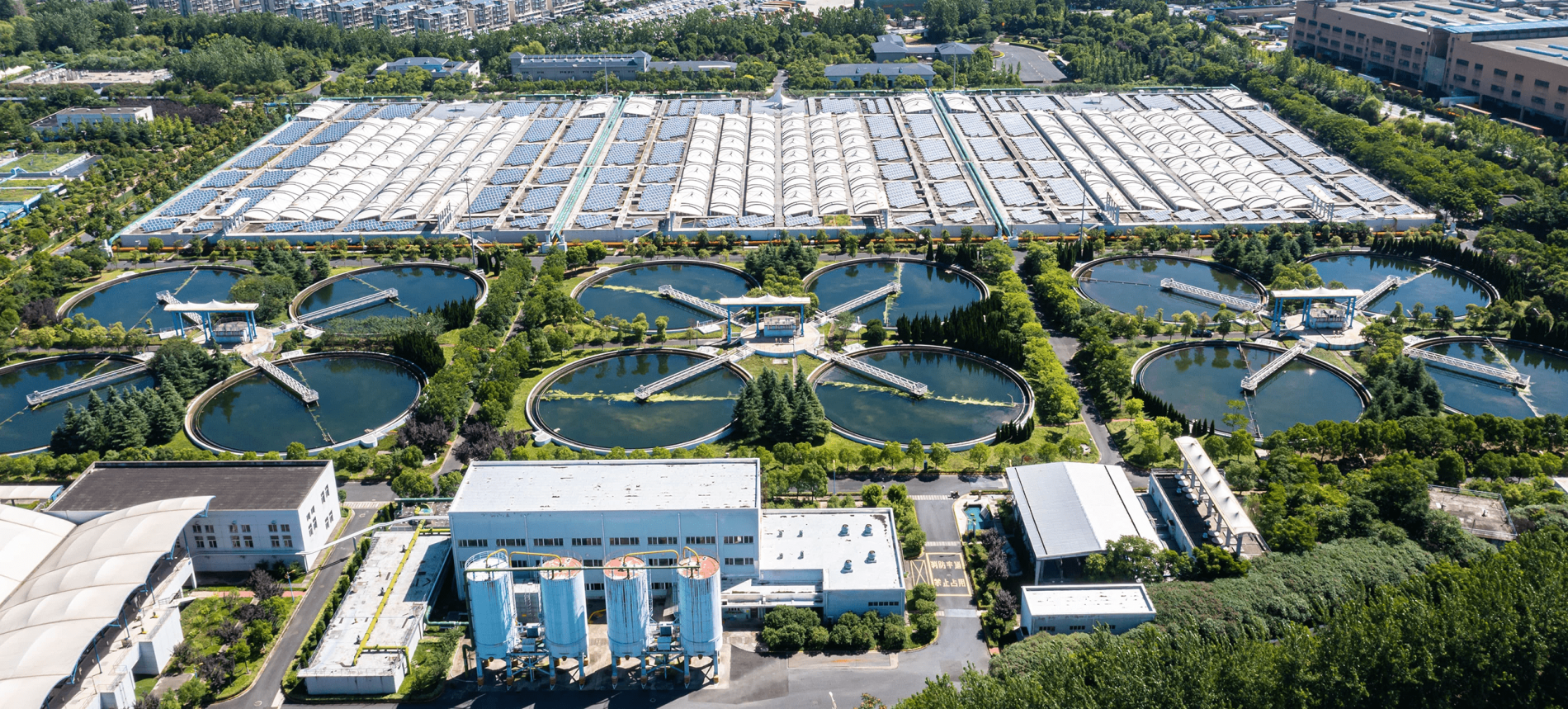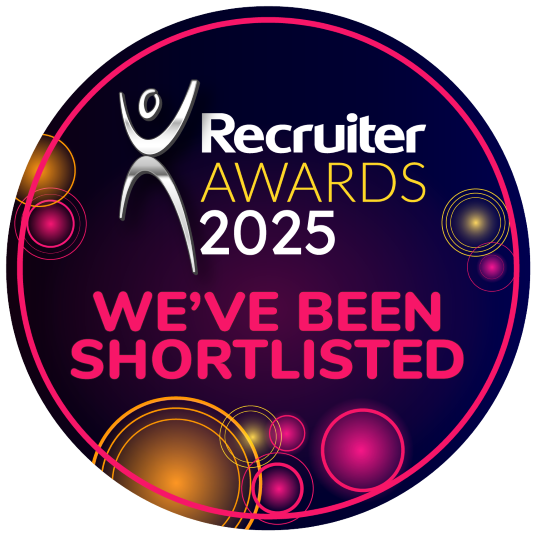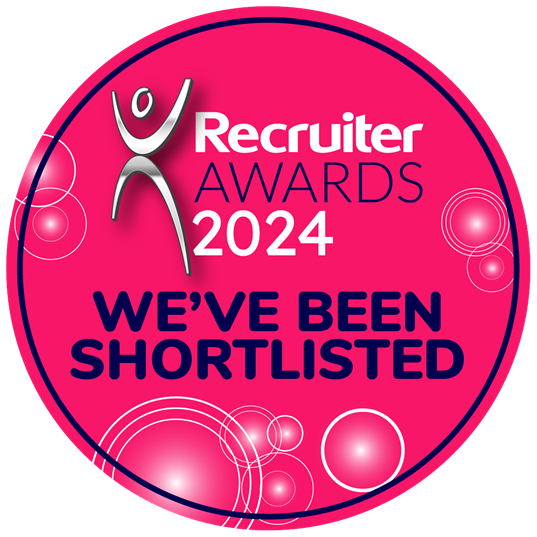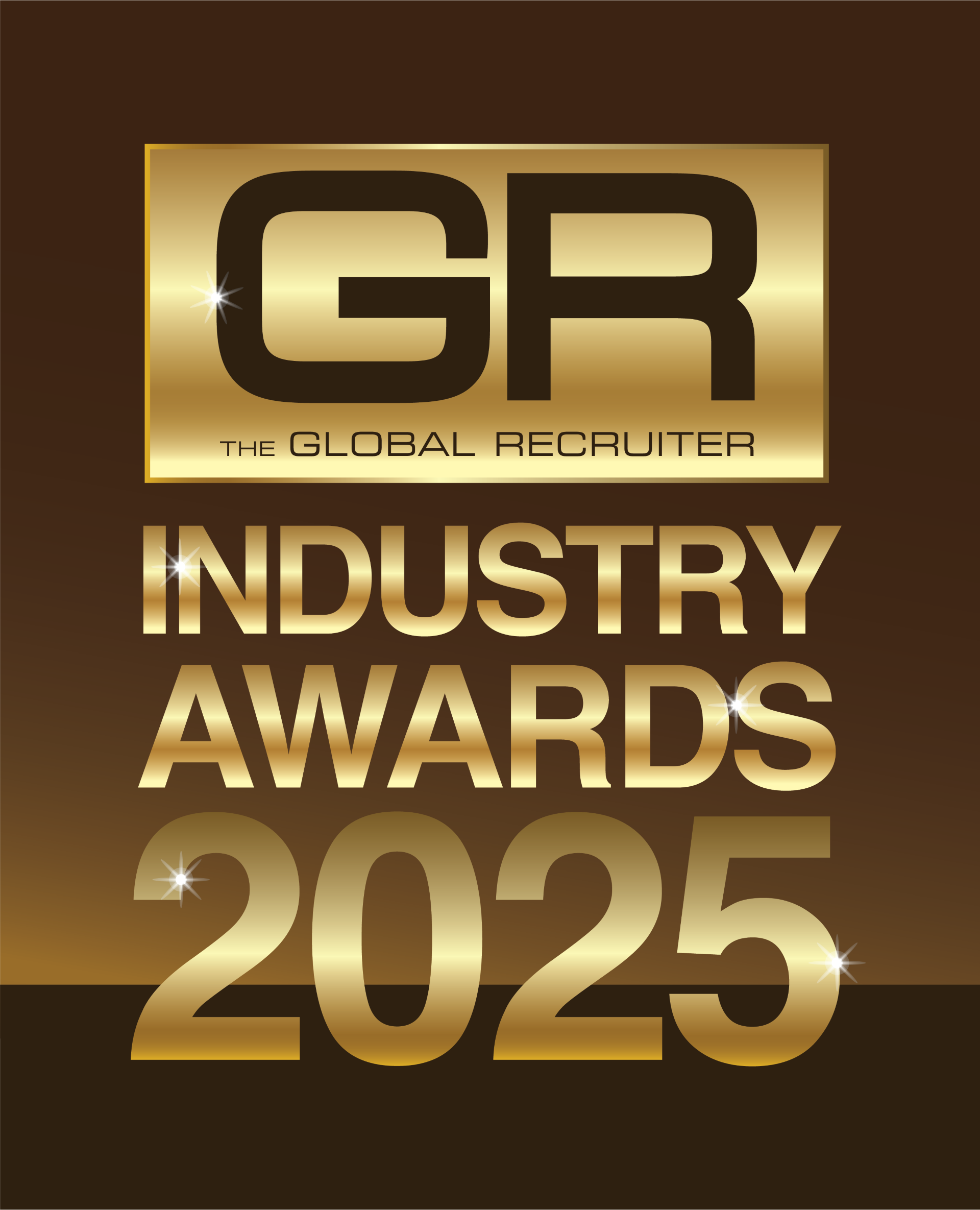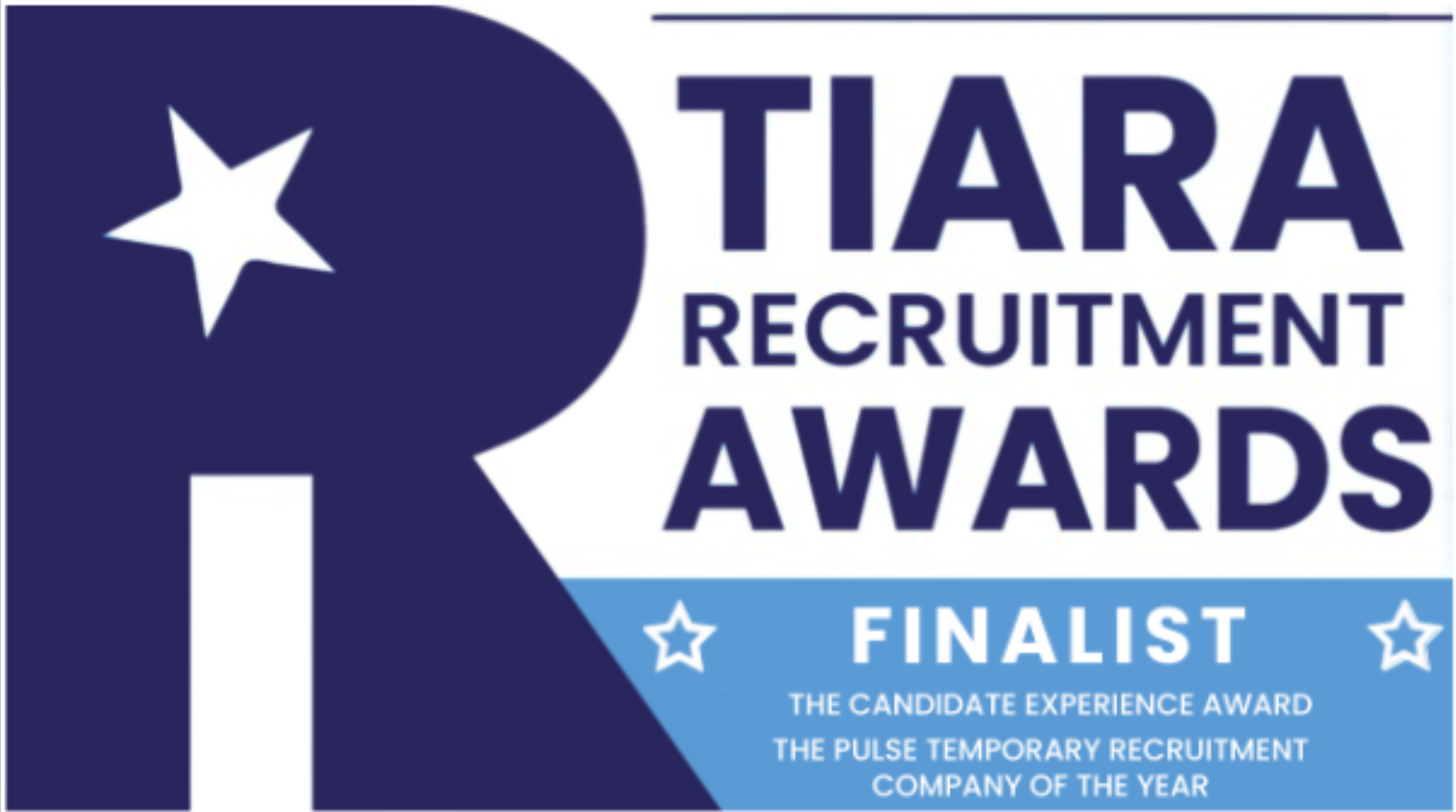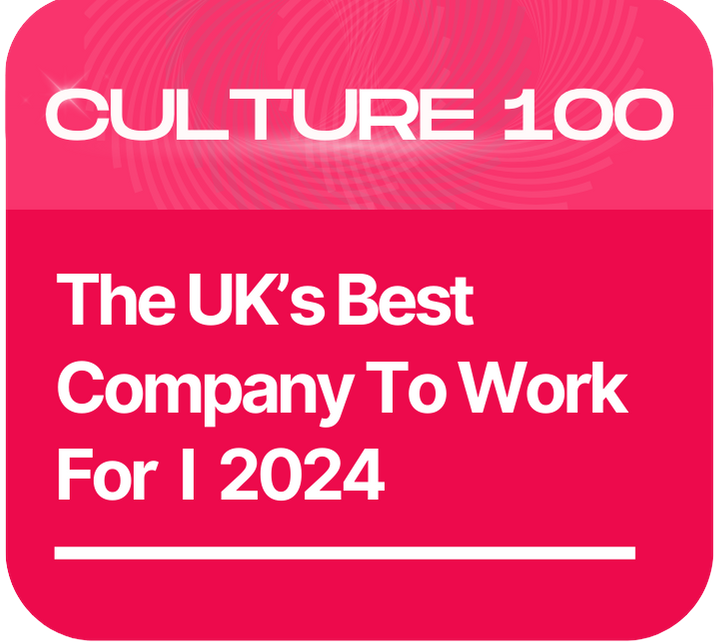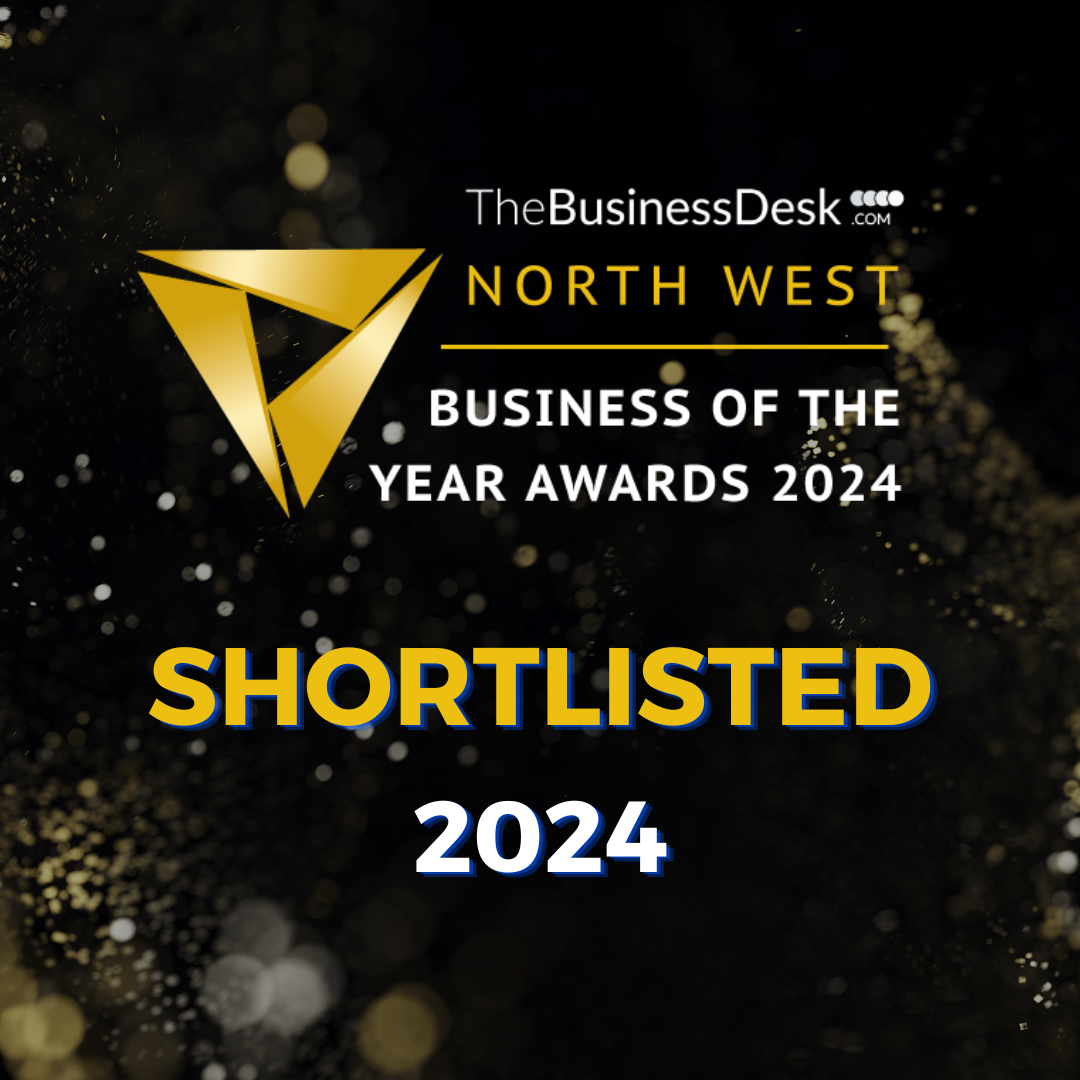Blog
Aviation

April 26, 2024
Flying is one of the most carbon-intensive activities in the world. However, even with it being so, the industry contributes to just 2.5% of the world’s total carbon emissions as only 10% of the world’s population fly every year – does this statistic surprise you? With this figure set to increase due to factors such as increasing salaries and developing technologies, the aviation industry has been reviewing how to become sustainable over the last few years. Now, action is needing to be implemented to achieve its goal of becoming sustainable by 2050. Let’s explore what this means. Definition Of Sustainable: Causing, or made in a way that causes little or no damage to the environment and therefore able to continue for a long time. Able to continue over a period of time In 2023, nearly 940,000 flights departed from UK airports producing 32 Mt of CO2 emissions. Compared to 2022, this number increased by 16% and the number of emissions from those flights rose by 23%. With this number set to continue to skyrocket, all aspects of the industry must be analysed to uncover where and how sustainability can be interjected. One of the main sticking points from scientists and industry leaders worldwide for making aviation sustainable by 2050 is choosing a viable, sustainable fuel. In fact, Boeing is buying 9.4million gallons of blended sustainable aviation fuel to support its 2024 US commercial operations, reducing its carbon emissions and working towards fuel consumption globally. And whilst this is a great starting point that will reduce emissions per passenger, it is not enough to keep up with the rapid increase in passengers and their global footprint, which is forecasted to double over the next 20 years. Ways Aviation Can Become Sustainable New Technologies In Aircrafts Manufacturers have made significant improvements to aircrafts over the years and are continuing to explore, adopt and invest in technologies for both existing and new models. Many airlines are replacing their older, less efficient aircrafts with newer models that use advanced technologies; this has seen a reduction in fuel consumption and C02 emissions. For example. Boeings 787 Dreamliners and Airbus A350 now offer up to 25% more fuel efficiency . AI predicting Contrails The white lines trailing aircrafts, called contrails, have a surprisingly large impact on the climate. Clouds created by contrails account for roughly 35% of aviation’s global warming impact. AI is being used to predict when, where and which flights are likely to form contrails, and can then be used to adjust the altitudes of flights to avoid the formations. Google has collaborated with American Airlines and Breakthrough Energy to leverage these AI tools to experiment how successful this technology is and resulted in a 54% reduction in contrail formation. Using Passenger Data More Accurately With advanced algorithms and machine learning, airlines can better understand customer behavior and anticipate future demand. These technologies can help airlines adjust capacity to meet demand without overloading flights or running half-empty planes – removing wasted travel and reducing emissions. As capacity utilisation increases, greenhouse gas emissions per passenger kilometer decrease, making air travel more sustainable. As the aviation industry is set to experience huge growth, those working within the sector will have to navigate these changes and how their roles may develop alongside it to meet the growing pressures. Explore Our Aviation Opportunities Here
